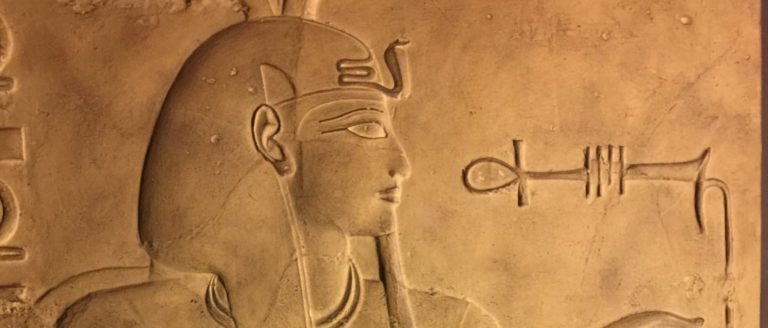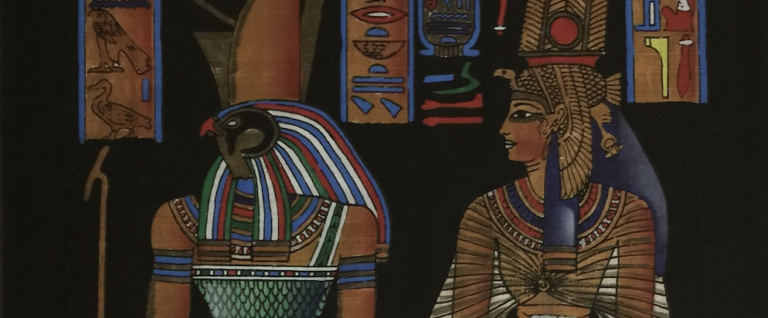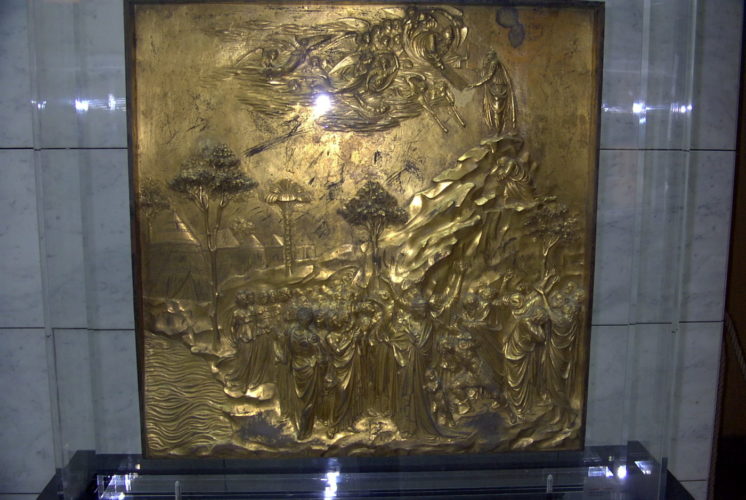The conventional historical timeline of Egyptian History, grossly oversimplified, looks like this:
- Early Dynastic Period: 3150-2686 BCE, The first unification of Upper and Lower Egypt, starting with King Menes, 1st and 2nd Dynasties.
- Old Kingdom: 2686-2181 BCE, the period of the Great Pyramids, 3rd to 5th Dynasties. Centered in the Cairo/Saqqara area of Lower Egypt.
- First Intermediate Period: 2181-2055 BCE, famine and civil war splintered the kingdom. The royal line persisted through the 6th to 10th Dynasties.
- Middle Kingdom: 2055-1650 BCE, Thebes King Nebhetepra Mentuhotep conquered the lower kingdom at Herakleopolis andmoved the capital to Thebes, 11-12th Dynasties
- Second Intermediate Period: 1550-1069 BCE, the lower kingdom was taken over by Assyrian Semitic kings called the “Hyksos”, 13th -17th Dynasties. They were tolerated but not venerated by the royal line in Thebes.
- New Kingdom: 1069-664 BCE, The Theban king Ahmose expelled the Hyksos from Lower Egypt and united Egypt, Nubia, and Canaan. 18th to 20th Dynasties. This is the time of the Hall of Fame of Pharoahs, including Ahmose, Hatshepsut, Thutmose III, Amenhotep III, Akhenaten, Tutankhamun, Ramesses II and Ramesses III. Luxor, Karnak, the massive mausoleums and the tombs in the Valley of the Kings are from this period. Not to mention the Exodus of the Old Testament.
- Persian Conquest: 664-332 BCE, Persian King Cambyses II defeated the Egyptians in an attempt to rule Northern Africa.
- Alexander the Great and the Ptolemaic Pharoahs: 332-30 BCE, Alexander took Egypt early in his career, before heading into Assyria, Persia and points east. He left Ptolemy in charge of Egypt, founding the Greek dynasties which ended with Cleopatra’s ill-fated love affairs with Caesar and Antony.
- Roman and Byzantine Rule: 30 BCE to 641 CE, Egypt became the bread basket for the expanding Roman Empire through to Justinian in Constantinople. St. Mark, the evangelist, brought Christianity to Egypt around 49 CE and became Bishop of Alexandria. His body was later spirited away to Venice.
- Muslim periods: 641-1867 CE, a 1200 year-long of parade of conquerors from Muhammad’s Arabic successors, (641-969 CE), Tunisian Fatimids, (969-1171 CE), Persian Ayyubids, (1171-1250 CE), a military overthrow by the Mamluks, (1250-1517 CE), and the Ottoman Empire, (1517-1867 CE)
- Independent Egypt: 1867-1882 CE, included the completion of the Suez Canal in 1869.
- British Occupation, 1882-1953 CE, originally intended to secure British interests in the bankrupt Suez Canal, British forces remained in Egypt through the two World Wars.
- Egyptian Republic, 1953-present, Military leaders from Nasser, to Sadat, to Mubarak, culminating in the recent Arab Spring and elections of Muhamed Morsi and Abdel Fattah el-Sisi. Freedom and tolerance remain elusive.
You can see that once the asp bites Cleopatra in 30 BC, Egypt fades from the western consciousness until the Suez Canal is built. That’s almost 1,900 years of being out of sight, out of mind. Even the period of the Egyptian Republic has been dominated by Cold War tensions, the Middle East “conflict”, and the rise of Islamic politics. While we continue to cheer on the democratic tendencies of the “Arab Spring” revolution, it is clear westerners do not understand modern day Egyptians very well.
This is one of the longest, proudest, and most accomplished civilizations on earth, with a number of fascinating themes to be explored.








